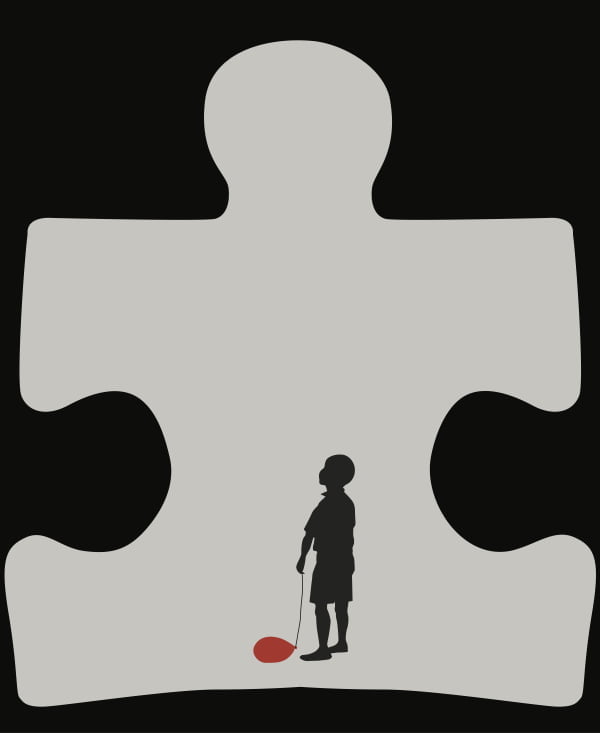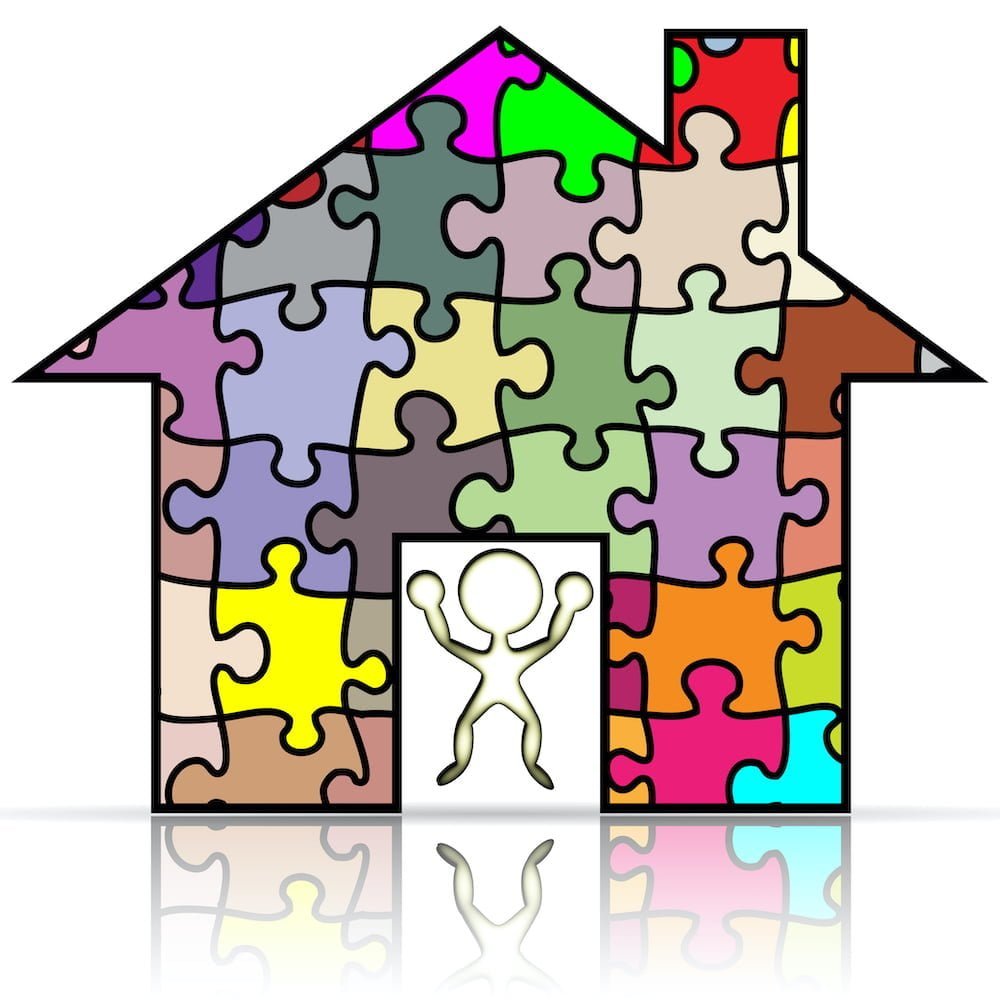
by Dr. Brian Udell | Apr 1, 2011 | >ALL<, Alternative and Complementary Medicine for ASD, Autism Therapies, Chelation, Earliest Red Flags, Gastrointestinal Issue, HBOT for ASD, Patient experiences, Reversing autism, Sensory issues, Special Therapies
When asked about my unique practice, questions #3 or #4 involve: the “removal of heavy metals” and HBOT, and I have recently posted regarding the latter. According to the Autism Research Institute’s Parent Ratings of Behavioral Effects of Biomedical...

by Dr. Brian Udell | Mar 12, 2011 | >ALL<, Alternative and Complementary Medicine for ASD, Autism Therapies, Earliest Red Flags, Speech and Language
First, Autism Spectrum Disorder has got to be a major concern for every new parent. For everyone, in fact – grandparents, neighbors, and schoolmates – we all know someone who might be autistic. That sort of takes care of the “Is it really happening...

by Dr. Brian Udell | Feb 17, 2011 | >ALL<, Alternative and Complementary Medicine for ASD, Autism Therapies, Earliest Red Flags, Patient experiences, Reversing autism, Speech and Language
All of my patients are interesting and important, however out of the 7 children whom I examined last Wednesday, the most unusual were two sets of identical twins. The boys, Adam and Alex, first presented to me about a year ago as three year-olds with classical signs...

by Dr. Brian Udell | Feb 3, 2011 | >ALL<, Alternative and Complementary Medicine for ASD, Autism Therapies, Diets, Earliest Red Flags, Gastrointestinal Issue, Reversing autism, Sensory issues, Supplementation
Absolutely not! Though I often get this question (preceded by a heavy sigh) from the “traditional” scientific community when I try to explain how complementary and alternative medicine approaches this new childhood epidemic. What “DAN”...

by Dr. Brian Udell | Dec 29, 2010 | >ALL<, Alternative and Complementary Medicine for ASD, Autism Therapies, Earliest Red Flags, Patient experiences, Speech and Language
I find that a good place to start when classifying infantile autism is “the boy kind” and “the girl kind”. Obviously, the common threads are the delays in speech and language, the restricted interests and/or repetitive movements or...









